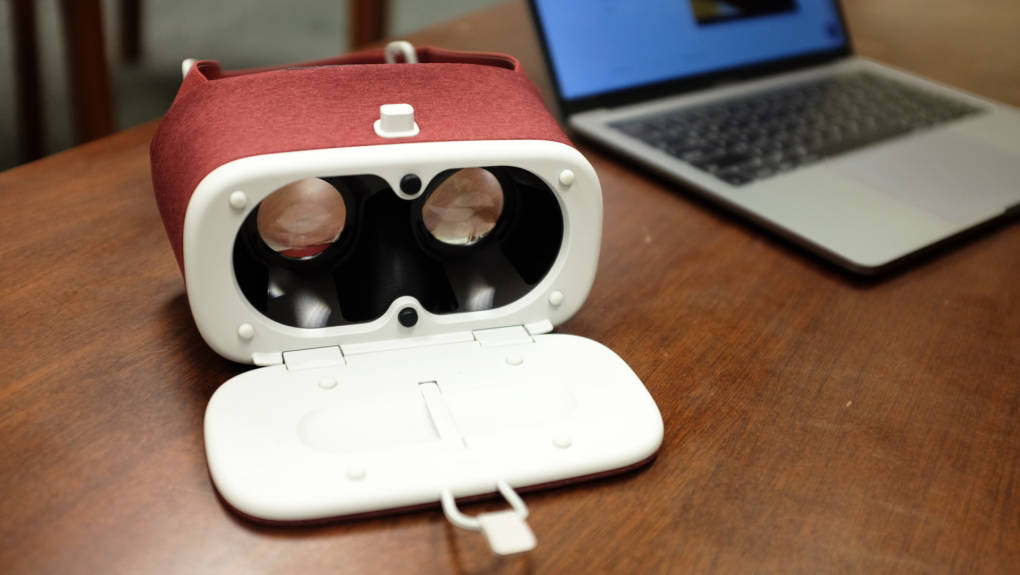
""This type of guided exposure also allows therapists to help patients work through the root cause of their fear or anxiety, which is often the memory of a traumatic experience that has spread to everyday situations that pose little objective threat.""
""To me as a therapist, it's incredible that now with a four-inch headset that's comfortable, you can deliver incredible treatments.""
Virtual reality (VR) therapy allows patients to confront various phobias by gradually exposing them to specific situations through immersive experiences. Sullivan, the director of psychology at Limbix, details how patients can progress from benign scenarios, such as entering a dog owner's home, to more challenging experiences. This method helps patients process the underlying causes of anxiety by addressing traumatic memories associated with their fears. VR enhances accessibility in therapies, providing realistic environments for patients to practice in. Research supports the efficacy of VR in treating anxiety disorders, with results showing durability and applicability in real life.
Read at Kqed
Unable to calculate read time
Collection
[
|
...
]